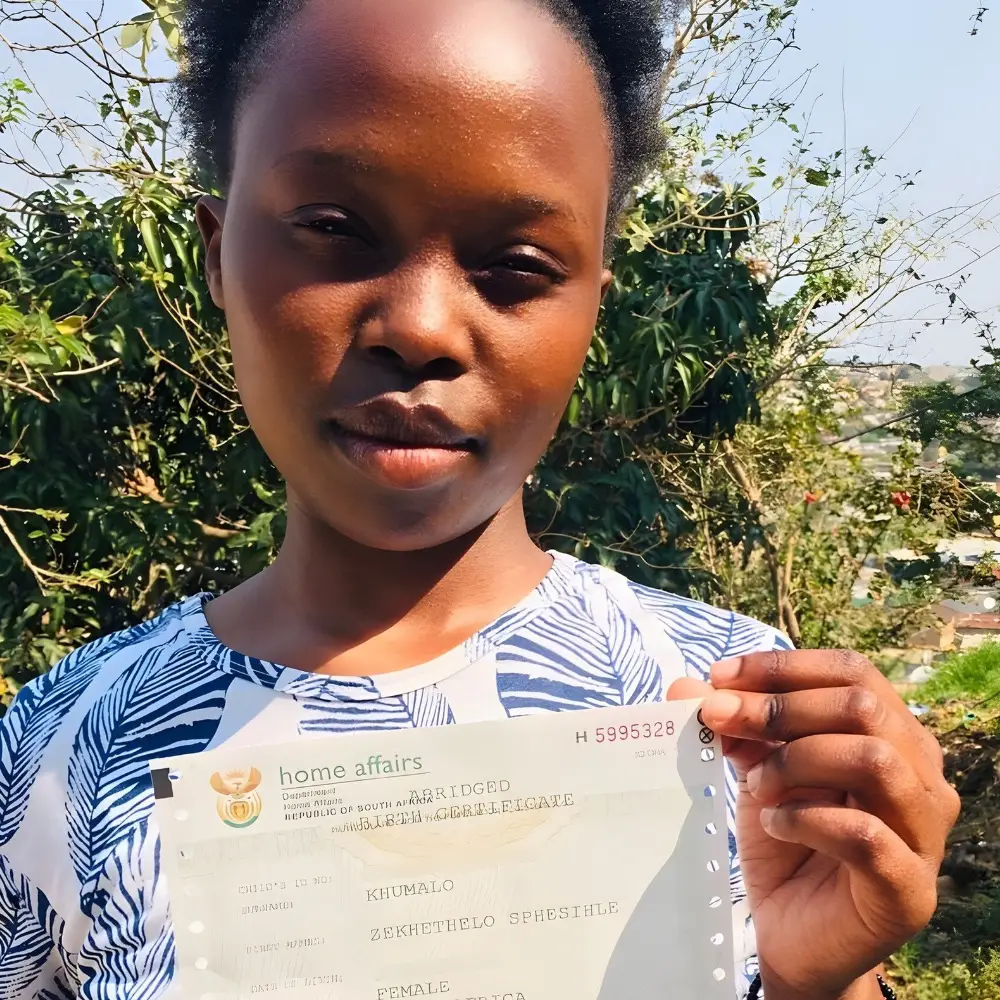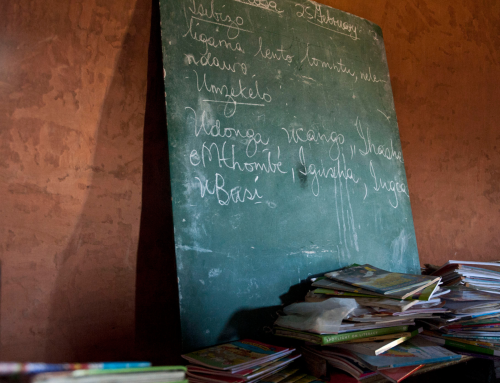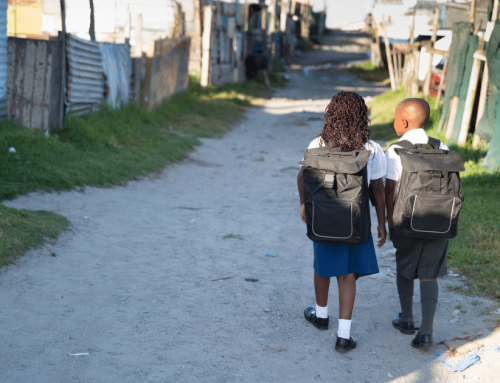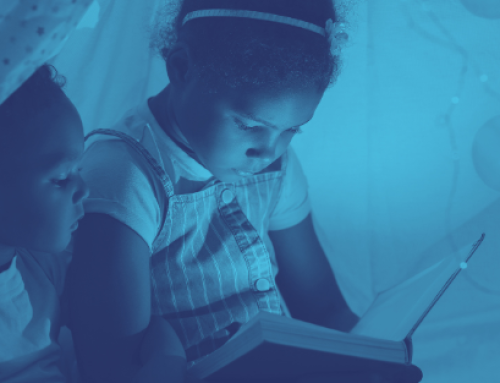18 Years Without a Name: Siphesihle’s Journey to Recognition

When Siphesihle Khumalo walked into her matric year, her focus was the same as every other learner’s: to finish school and take the next step toward her dreams. But in November 2024, just weeks before her final exams, she was told she could not write, not because of her grades or attendance, but because she did not have a birth certificate.
For eighteen years, Siphesihle lived without legal recognition of her existence. Without a birth certificate, she could not apply for bursaries, register for university, get a learner’s licence, or even collect her matric results. The absence of a single document stood between her and her future.
This is the daily reality for thousands of young South Africans who fall through the cracks of a rigid birth registration system. Under current law, a child’s birth must be registered within 30 days, an ideal that often collides with the realities of poverty, rural isolation, and administrative inefficiency. When that narrow window closes, it becomes a wall.
Siphesihle’s father, Mr Thokozani Shozi, approached the Legal Resources Centre (LRC) for help in November 2024. Our attorneys immediately intervened, reminding the school of the Phakamisa Judgment, which protects the rights of learners without documentation. Thanks to this intervention, Siphesihle was allowed to write her matric exams and complete her final year.
But even after passing matric, she remained trapped by bureaucracy. Months passed with no progress on her late birth registration. Each delay pushed her dreams further away. She could not apply to university or seek formal employment. She described feeling “stuck in time,” ready for the next stage of her life but invisible on paper.
In July 2025, after persistent engagement from our team, the Department of Home Affairs finally called Siphesihle for her long-awaited interview. On 15 August 2025, she received her birth certificate.
It was more than a piece of paper. It was her key to belonging.
For the first time, Siphesihle could apply to study, open opportunities for work, and plan for her future with certainty, armed not just with a matric certificate but with the legal recognition of her personhood.
Her story is not unique, but it is deeply telling. Across the country, many young South Africans are still denied access to education and opportunity because of late birth registration barriers. The system’s strict deadlines and procedural hurdles punish those already facing marginalisation, turning paperwork into a barrier to dignity and inclusion.
We are so glad that Siphesihle reached out to the LRC. We can only imagine how long she might have waited for a birth certificate without support. While our impact may seem small, to Siphesihle it means everything. And at the LRC, we will continue to fight against late birth registration, one person at a time.




